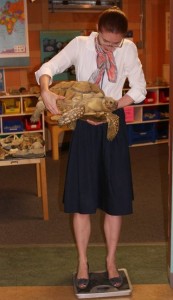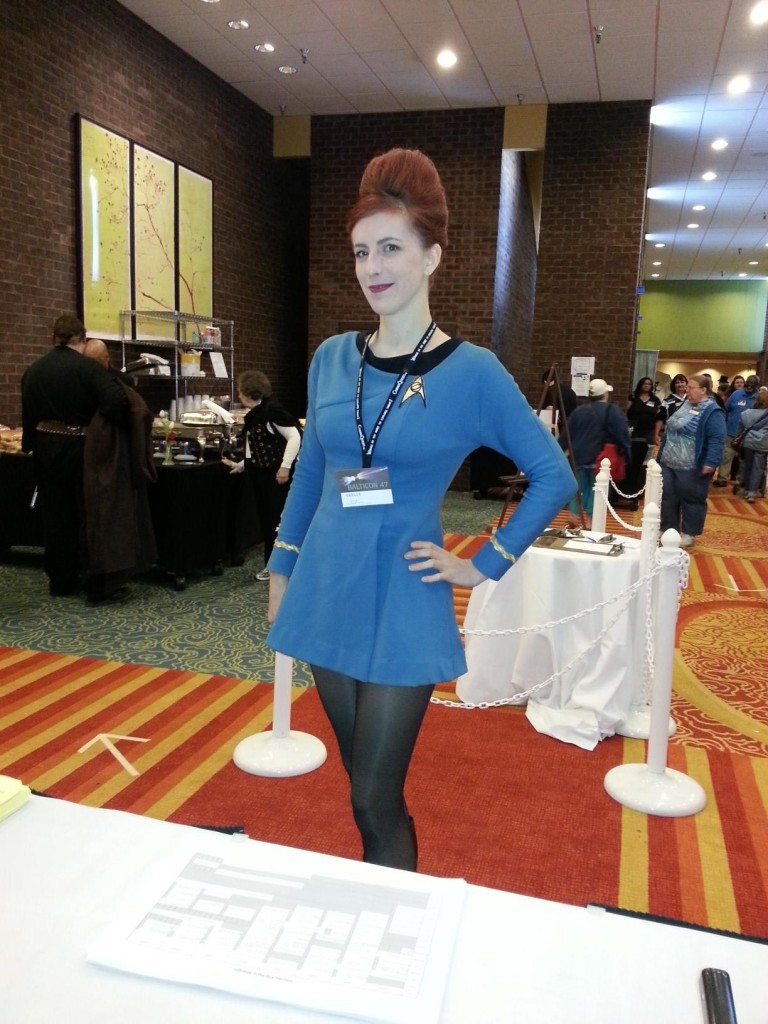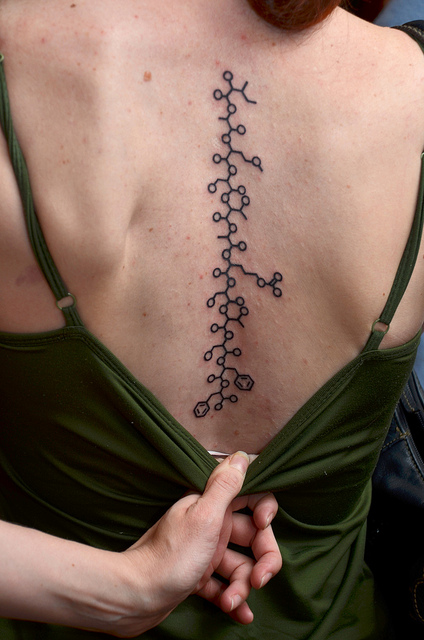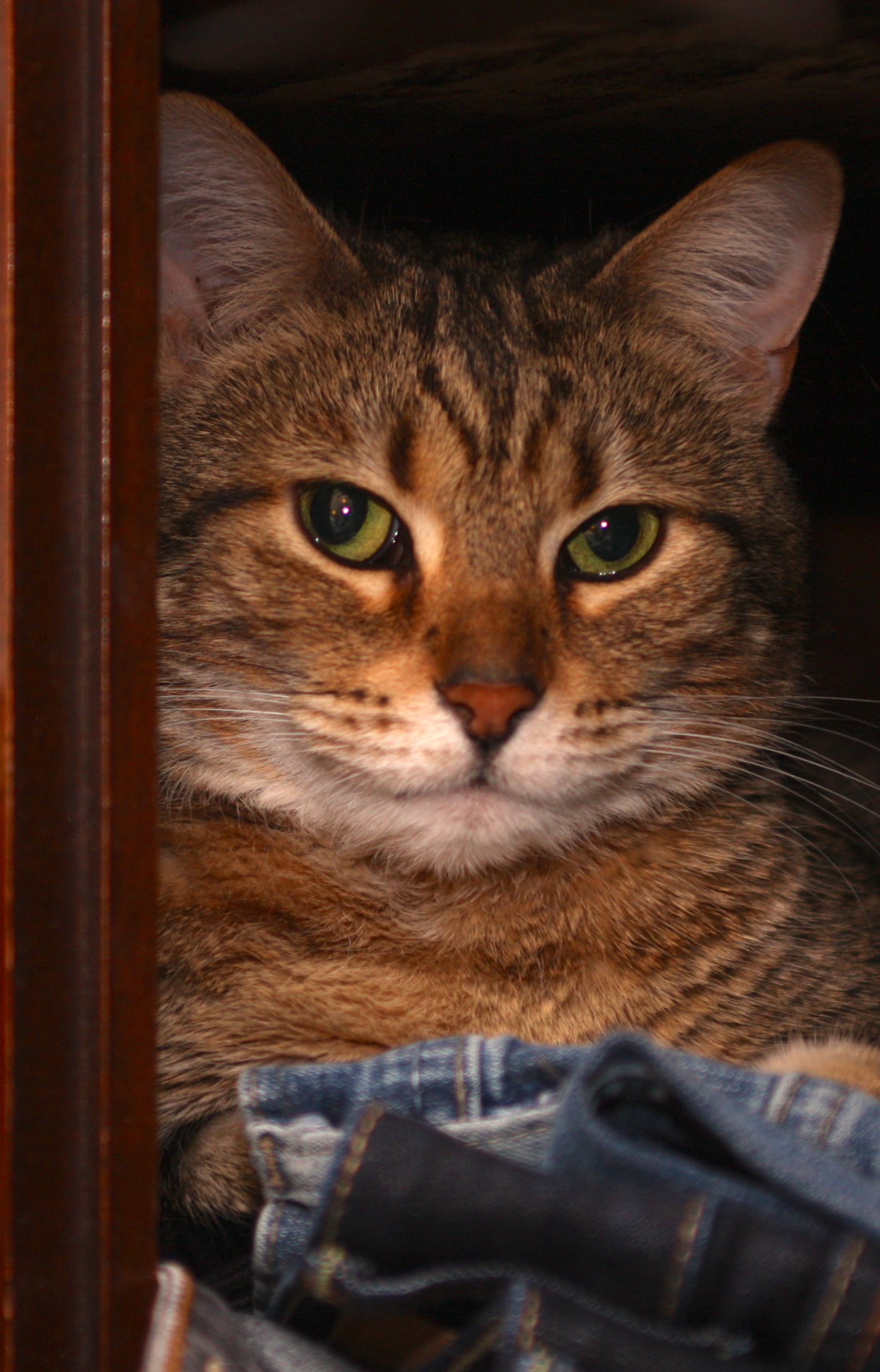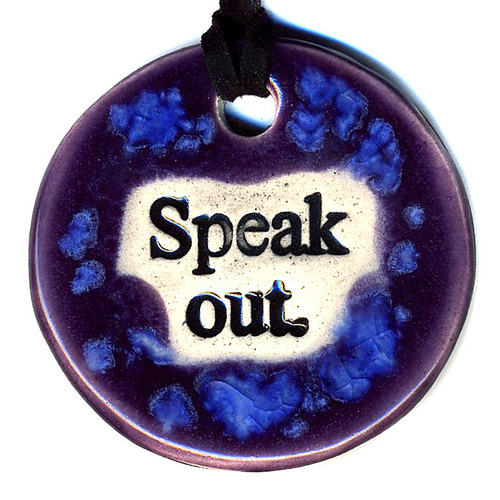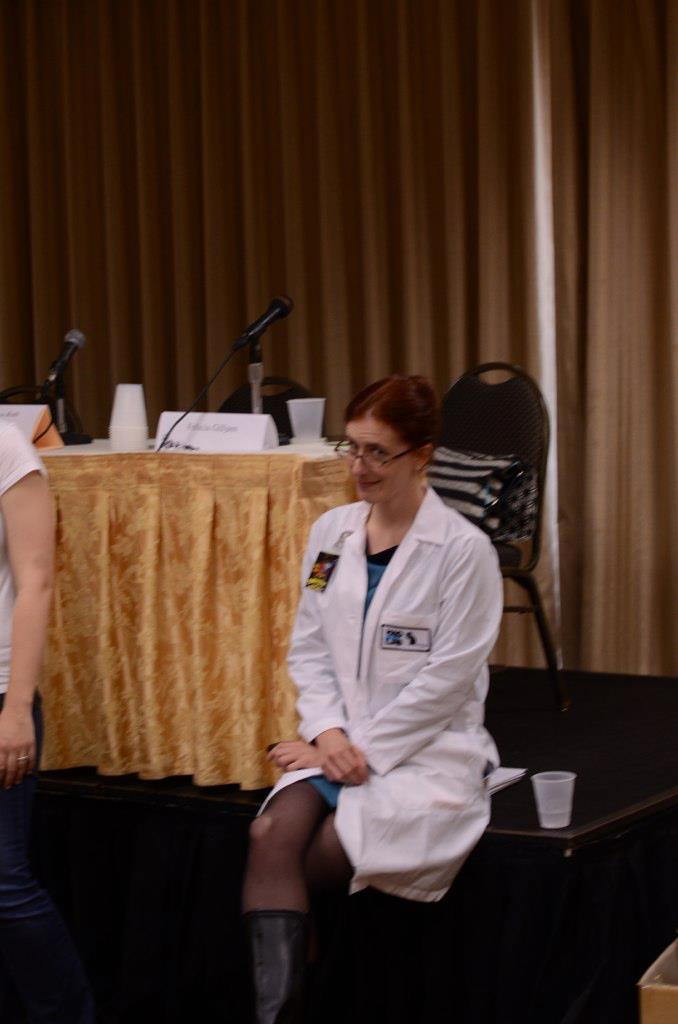
Trust me, I’m not an expert.
Bora Zivkovic has a fantastic post up on his blog concerning the future of science writing: The Other Kinds of Expertise. Â I love the great majority of this piece. His description of what it will take to be a good science writer in the future (or now) is spot on, and I love that he includes accuracy as an important aspect of good writing.
However, his description of who should be able to talk about a subject strikes me as overly narrow. He limits the people who can write about a topic to people with “expertise”. He does say that people who write longer pieces outside of their field can gain a “temporary expertise”, but then qualifies that those fields should be related to the original expert field.
The quote that really got me thinking was this one:
Every one of us is an expert on something, at least one thing, probably several things.
This also means that each one of us is completely non-expert on many other things.
The first part is not true of me, though the second part is. I am not an expert in any subject. Academically, I have studied historical geology, epistemology and forensic anthropology, but not to the extent that I could be considered an expert.
That doesn’t stop me from teaching. That doesn’t stop me from writing. That doesn’t stop me from talking.
The list of things I’ve taught over the years is long and rather more inclusive than exclusive, including, but not limited to:
entomophagy, tall ships, karst geology, ice age geology, megafauna evolution, human origins, origins of agriculture, human anatomy, dance, folk arts, water pollution, sustainable architecture, puppetry, volcanoes, trilobite diversity, beavers, historical gold panning, steamships, the civil war, science of baseball, stream ecology, deep sea taphonomy, American Indian cultures, human migration, crab migration, history of trains, physics of trebuchets, human genetics, cat genetics, evo devo, anthropology of race, Vatican archaeology.
And those are the things that I remember off the top of my head.
The thing you’ll note is that only two of those topics even slightly overlap with my formal education (ice age geology and human anatomy). These aren’t all topics that I would have necessarily chosen to talk about, and several I’m not even interested in at all, but they are things I had to teach about for one reason or another – some I was tying in with current events or exhibits that the museum had, others I was going along with the topic of the nature center summer camp I was teaching.
The wide range of subjects is nothing unusual for someone in my line of work. Informal educators aren’t specialists. Or if they are, it’s to the extent that they teach in an institution located in a specific ecosystem, or in an institution with a specific focus. That can limit the subjects they are required to talk about on a daily basis, but it’s an artificial limit, and not often one that has anything to do with formal training.
So, are we all talking out of parts of our anatomy with no mouths when we discuss things outside of our “expertise”?
Not necessarily.
You see, we’ve developed different expertises. The expertise to know how to quickly research an entirely new subject. The expertise to find trustworthy sources in a field we’re completely unfamiliar with. The expertise to know what other people will want to know about the new subject. And the expertise to be able to explain to the limits of our knowledge in a way that will be accurate, relevant, engaging, thought-provoking and will, hopefully, make the person we’re talking to go look up more information.
Would someone get a better lesson on physics from someone who actually studies it formally? Probably. Not just from the formal study, but also because that person, presumably, is familiar with the best ways to teach that particular subject, where I need to not only learn the subject, but find a way to explain that subject quickly and concisely. If I could, I would love to see every person take a physics course to learn how trebuchets works, as well as a course on chemistry to study cave formation, and one on the history of traversing the ocean to learn about tall ships. All, of course, taught by experts in each field.
If my career path wasn’t necessary, I would be the first person celebrating. If people had the time to pursue full education in every subject they’re interested in, the world would be a much more interesting place.
Unfortunately, we all know these things aren’t true. People can’t learn everything from experts. There just aren’t enough experts or (more importantly) places that will pay experts to teach.
There is a place for the generalist educator in this imperfect world. I may not know every detail of the subject I’m teaching, but that’s not necessarily important. I do know one important detail, that makes all the difference: I know what I don’t know. And I know not to make stuff up when I come across something I don’t know. I also know how to steer people to the real experts, which can be just as important.
Likewise, there is a place for the generalist science writer.
Yes, Deborah Blum, Maryn McKenna and Emily Willingham and too many other fantastic writers to name are experts in the fields they write about, but that doesn’t mean everyone is immediately aware of them. The act of writing something, as a non-expert doesn’t take away from the expertise of the real experts. A quick summary post on breaking news, or an introductory post on a topic that people are interested in shouldn’t be considered competing with the experts, but as providing a bridge to the experts.
We all have different audiences. When I am in the role of informal educator, and even when I am just posting things on Facebook, I am talking to people who wouldn’t necessarily go read a science blog at Wired or Scientific American or any of the other media outlets that tend to specialize in the subjects that interest me. They might be talking to me because they came into the museum wanting to know what the weird rock they found in their yard is. Or they might know me on Facebook because we know each other from any number of contexts. I know the people I talk to aren’t going to have folders full of bookmarks of experts on every subject under the sun. They are more likely to go to a site that covers a whole bunch of topics quickly, and then follow up on the ones they’re most interested in.
What I’m trying to say is this: if you are a generalist writer, or a generalist educator, or are considering being either, don’t feel like you *need* to be an expert to talk. There is a place for your voice. The more people reaching out about important subjects, the more people will be reached, often in unpredictable ways.
This doesn’t take away the requirement of accuracy from the generalist writers and educators. We have to be just as careful to not spread misinformation if not more so, since our audiences are generally going to not be as engaged with science as the audience of an expert. We have to make sure we know who the *right* experts are to link to, and the best resources to throw at people who are interested.
And, most importantly, we need to know when we can stop talking and let someone else take over.
